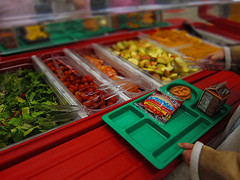The March 2016 edition of National Geographic Magazine includes an article by Elizabeth Royte entitled “How ‘Ugly’ Fruits and Vegetables Can Help Solve World Hunger.” Royte is a well-known science writer who has taken in-depth looks at waste before, most notably in her book Garbage Land, in which she follows the trail of household trash after it leaves the curb, and explores various aspects of waste disposal, as well as our consumption-oriented culture and its consequences.
In this NatGeo article, Royte does a great job outlining the myriad of food waste issues. While 800 million people worldwide go hungry, about a third of the food produced on Earth is wasted–enough to feed 2 billion people. These losses sometimes due to spoilage; confusion over the dates stamped on products by manufacturers; post-harvest loss caused by inadequate storage and infrastructure; consumer disdain for leftovers; and cultures in which portion sizes have grown to an extent that waste inevitably occurs. There are issues of aesthetic standards imposed by retailers as well, which mean that scores of perfectly edible yet visually imperfect examples of fruit and vegetables never even make it to the shelves in grocery stores; they’re rejected before they even have a chance at being sold. And wasted food doesn’t just equal wasted nutrition and money–it’s also wasted resources. The huge amounts of food we waste represents huge investments in water, human labor, and fuel for production. And as waste breaks down in landfills, it releases greenhouse gases. As Royte notes, “If food waste were a country, it would be the third largest producer of greenhouse gases in the world, after China and the U.S. ”
Royte outlines these sad realities while providing a detailed look at what one activist, Tristram Stuart, does to fight food waste. Stuart is the founder of Feedback, an organization that campaigns against food waste throughout the system of production and consumption. The article takes a particular look at one of the organization’s major campaigns, “Feeding the 5000,” in which feasts are organized in venues around the world to feed 5000 people using food that would otherwise have been wasted. The article highlights other organizations and programs as well, and provides tips for what you can do to reduce your own food waste footprint.
Read the full article at http://www.nationalgeographic.com/magazine/2016/03/global-food-waste-statistics/. Check out the Green Lunchroom Challenge, ISTC’s project geared toward preventing and reducing food waste in K-12 schools, for more information on addressing these issues in your community. Consider how ISTC’s Zero Waste Illinois program can assist your organization in identifying waste reduction and management improvement opportunities. And if you’re interested in promoting commercial composting in IL, consider becoming a member of the Illinois Food Scrap Coalition (IFSC).




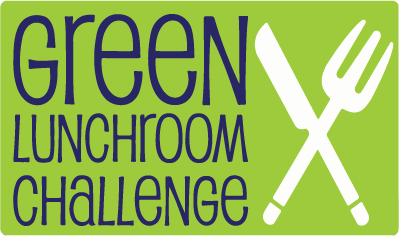

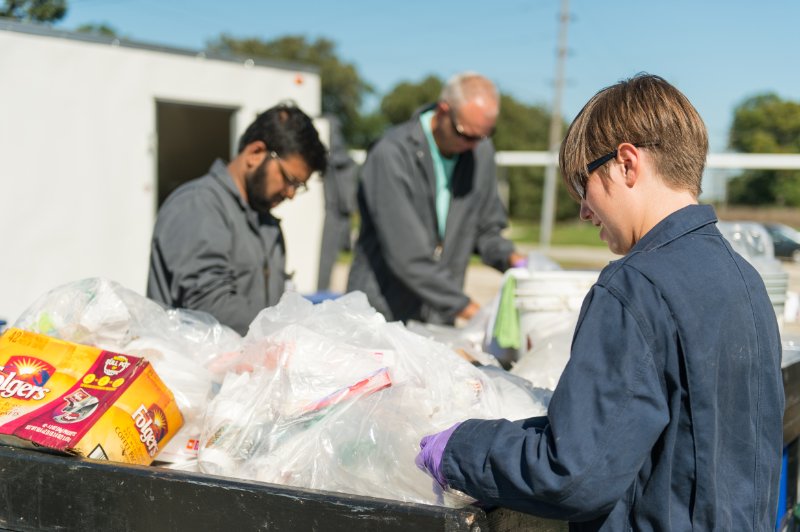
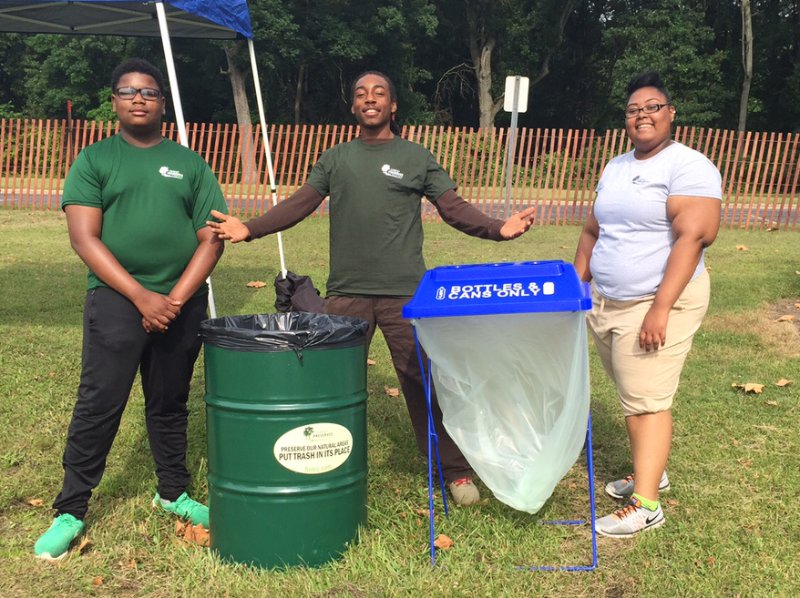
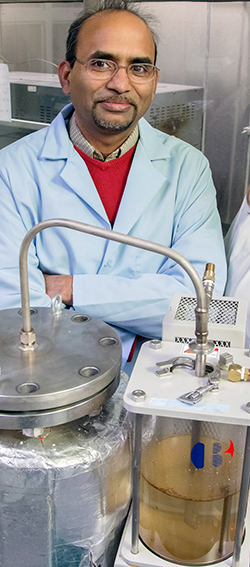
 ISTC will participate next week in the U of I’s Institute for Sustainability, Energy, and Environment (iSEE) second annual international conference titled “Water Planet, Water Crises? Meeting the World’s Water-Food-Energy Needs Sustainably”. The
ISTC will participate next week in the U of I’s Institute for Sustainability, Energy, and Environment (iSEE) second annual international conference titled “Water Planet, Water Crises? Meeting the World’s Water-Food-Energy Needs Sustainably”. The 